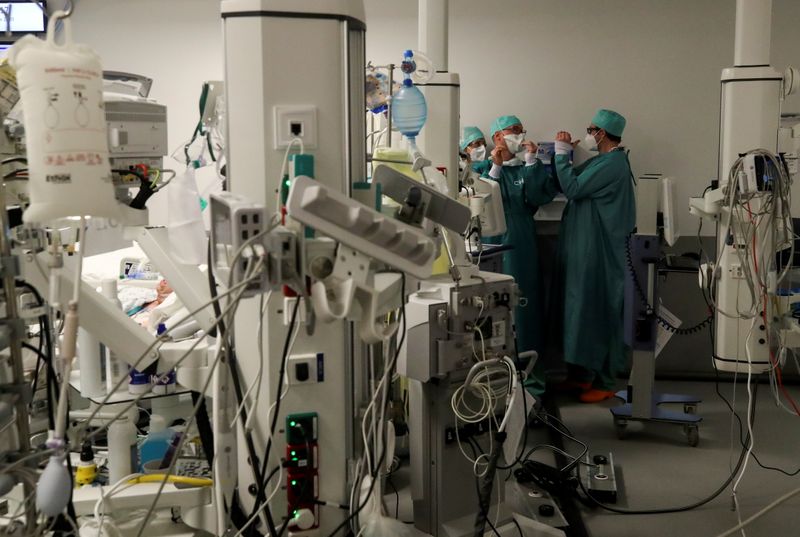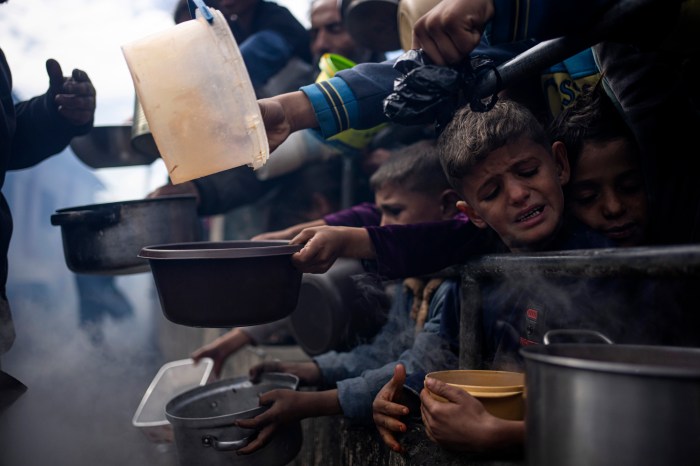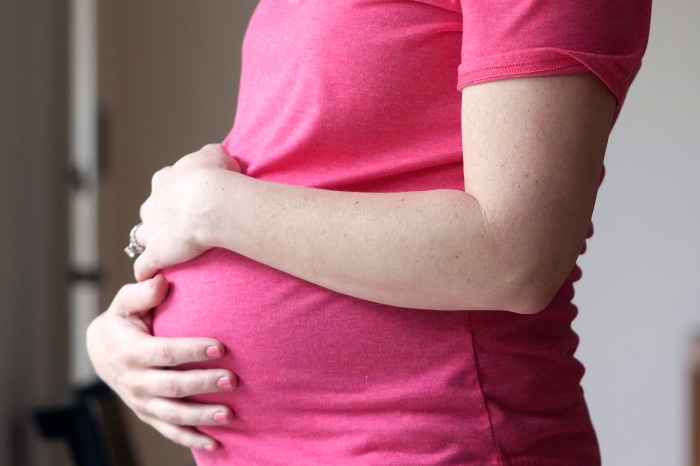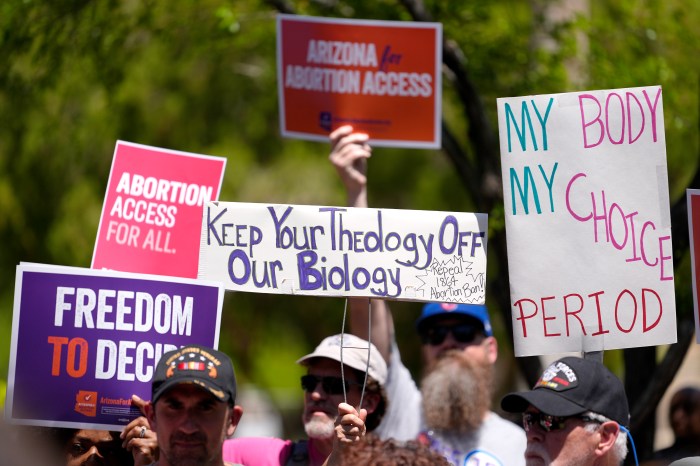BRUSSELS (Reuters) – The rate of increase in new COVID-19 infections in Belgium has slowed but it is too early to say that the country’s second wave has peaked, the government said on Monday as new restrictions to avert a breakdown of the health system went into effect.
“The number of infections and admissions to hospital continues to rise, but less rapidly,” Health Ministry spokesman Yves Van Laethem said. “So we can say that while the high-speed train is still running, it is slowing a little.”
The country of 11 million, home to the headquarters of the European Union and NATO, has Europe’s worst infection rate and one of its highest mortality rates, according to official data.
Van Laethem told a news conference that the daily average of new infections over the past seven days was 15,582, an increase of 14% from the previous week but a slowdown from last month, when roughly a doubling each week became the norm. In the capital, Brussels, there was actually a week-on-week decline.
Still, Belgium reported a cumulative 1,735 infections per 100,000 inhabitants over the 14 days to Nov. 2, more than twice as many as in neighbouring France, according to European Centre for Disease Prevention and Control data.
Van Laethem said the number of COVID-19 patients in intensive care units (ICUs) – now 1,223 – was still rising, but was doubling every 10 days compared to every 8 days in recent weeks.
Last week he had warned that the trend in admissions then suggested the country’s maximum capacity of 2,000 ICU beds would be reached before mid-November.
The new restrictions to slow the spread of infections, which will be in effect for six weeks, severely limit social contacts and have closed businesses such as hairdressers and shops that provide non-essential services.
However, the government has stopped short of confining people to their homes, as it did during the first wave in the spring and as other European countries have done in recent days.
(Reporting by John Chalmers; Editing by Alex Richardson)



















